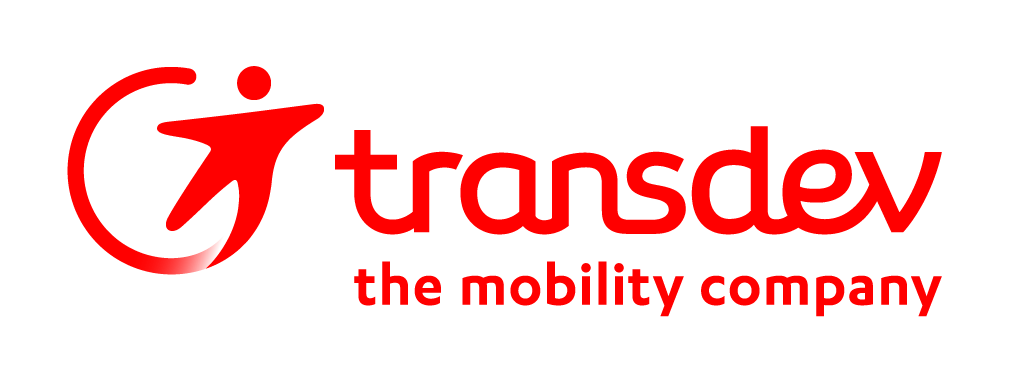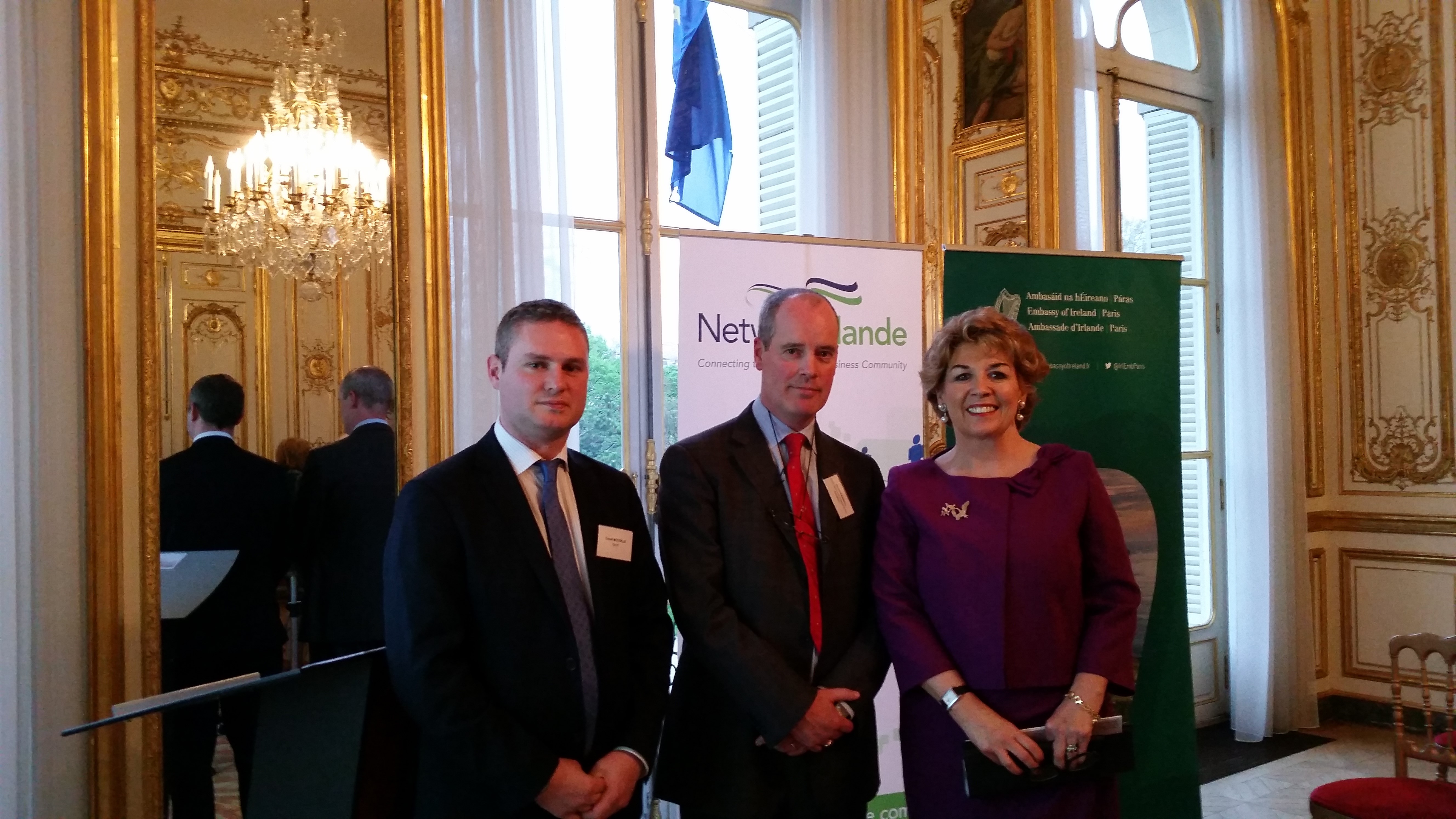
Members of NetworkIrlande gave a warm welcome to David Farrell, Professor of Politics, UCD School of Politics and International Relations, and Conall MacCoille, Chief Economist at DAVY on Thursday 14th April at the Embassy of Ireland in Paris. The theme of the evening’s talk, an analysis of the current political and economic situation in Ireland, was rendered all the more interesting in view of the continuing negotiations in Ireland to form a new government following the general election on February 26th.
David Farrell began the lecture by introducing the audience to Ireland’s political terrain, a structure traditionally dominated by two centre-right parties, now confronted by growing challenges from Sinn Féin, new political parties and independent candidates as Ireland emerges from the recent economic crisis. His comments on the general election results provided insights into possible reasons for the failure of the traditional parties to win back voters in a period of economic recovery, the challenges faced by Sinn Féin within the current voting system and reasons for the increasing popularity of independent candidates with the Irish electorate.
The question on everyone’s lips was, what will happen next? David Farrell presented the three options available to elected members of parliament in forming a new government, highlighting the most likely possibility and explaining the importance of moving forward from “a constitutional grey area” to a more politically stable situation.
Conall MacCoille provided the audience with an overview of Ireland’s current economic status, beginning with the question, “Is recovery going as expected?” With Irish GDP predicted to grow by 6.0% in 2016 and 4.0% in 2017, Conall confirmed strong performances in certain sectors influenced by multinational investment (pharmaceuticals and ICT), while also noting those where capacity for growth is essential to maintain economic growth going forward (greater development and promotion of Irish SME’s and the construction industry). Irish public finances continue to improve but the challenge to resolve the issue of mortgage arrears is an on-going one. He also discussed the prospect of “Brexit”, and the potentially serious effects that this action may have on certain sectors of the Irish economy.
The talk concluded with an animated question and answer session covering a wide range of subjects: the housing market, the functioning of a minority government, how the electorate would vote in a new election, the position of Gerry Adams in the Sinn Féin structure, how young people are voting, the shape of Ireland’s economic model going forward, diversity and gender quotas, the issue of Irish Water, political opinions on abortion, and the light-hearted question, “Is there a benefit to not having a government?”. A lively discussion on these subjects continued during the reception that followed the evening’s lecture.
NetworkIrlande thanks Ambassador Geraldine Byrne Nason for hosting the lecture at the Embassy, and all NI members for their enthusiastic participation at this event..jpg)


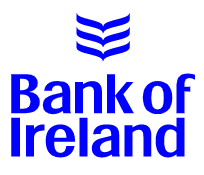
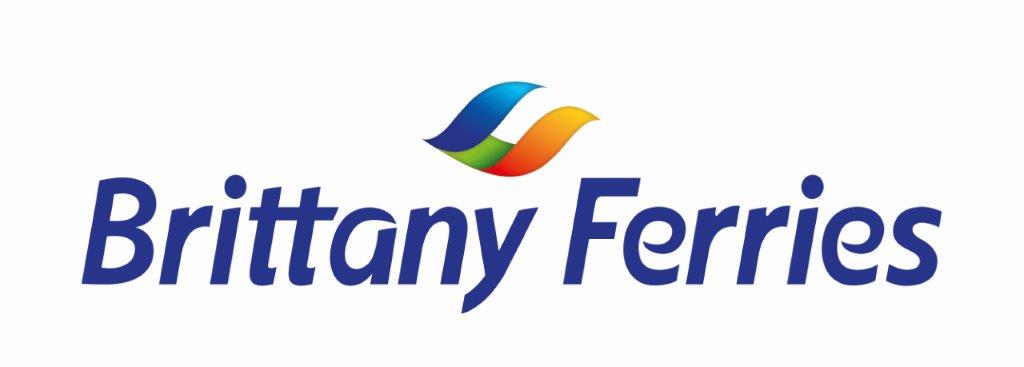
.jpg)
.png)
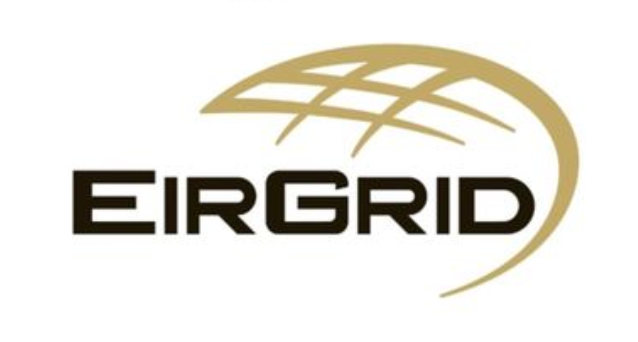


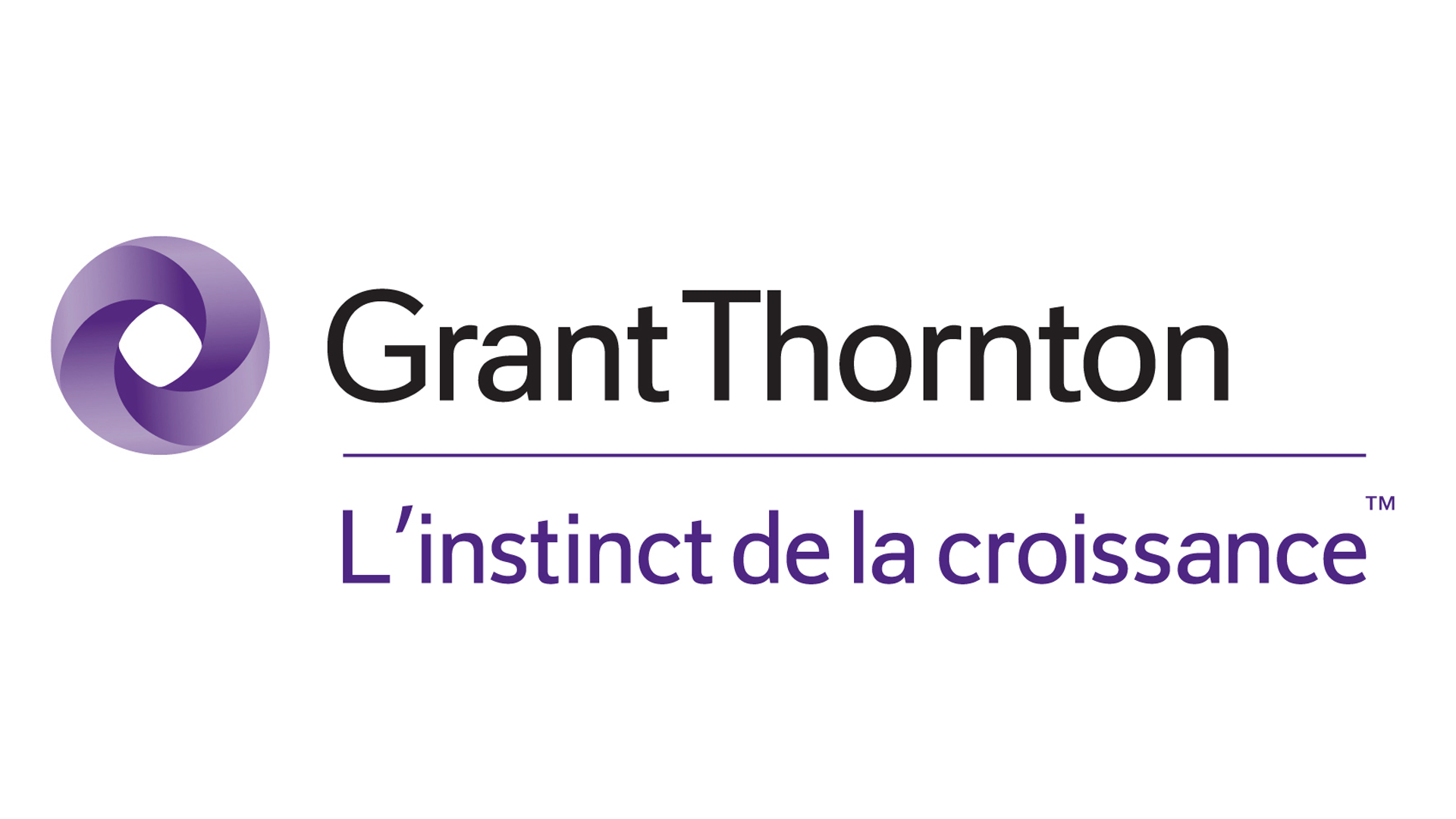
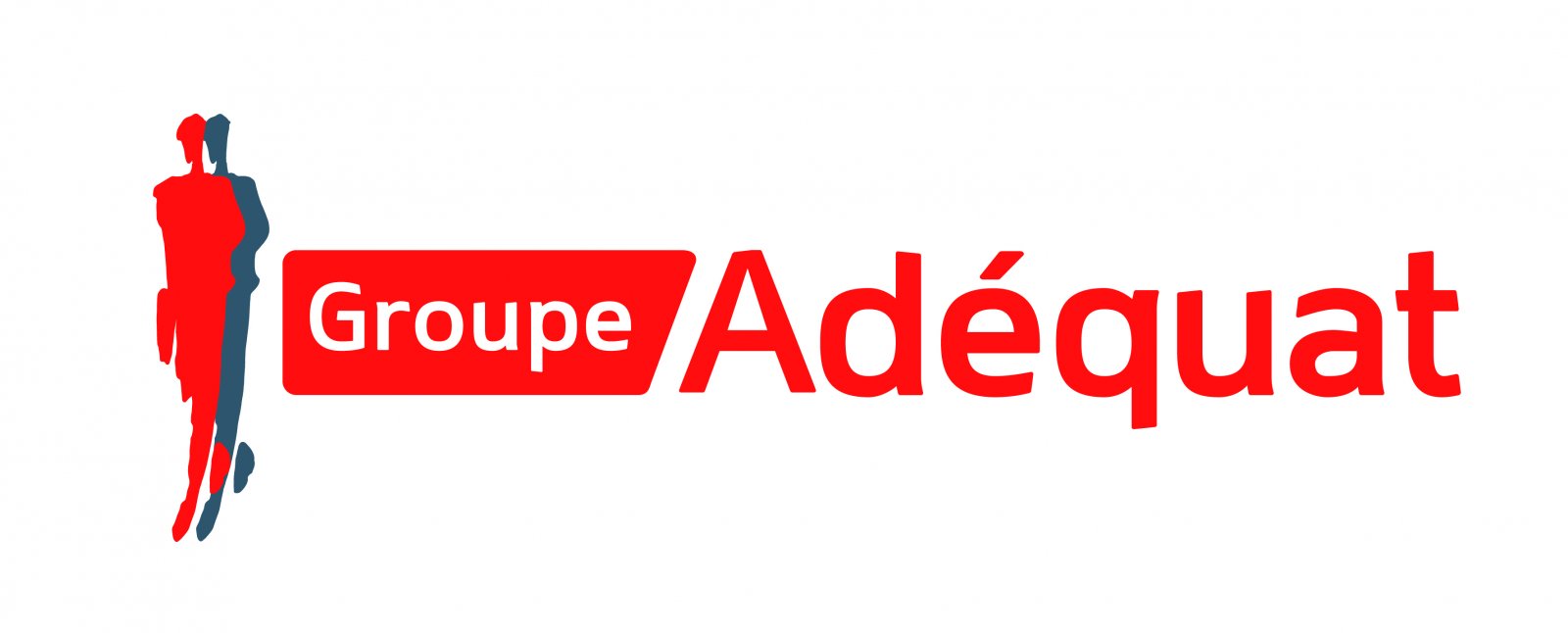

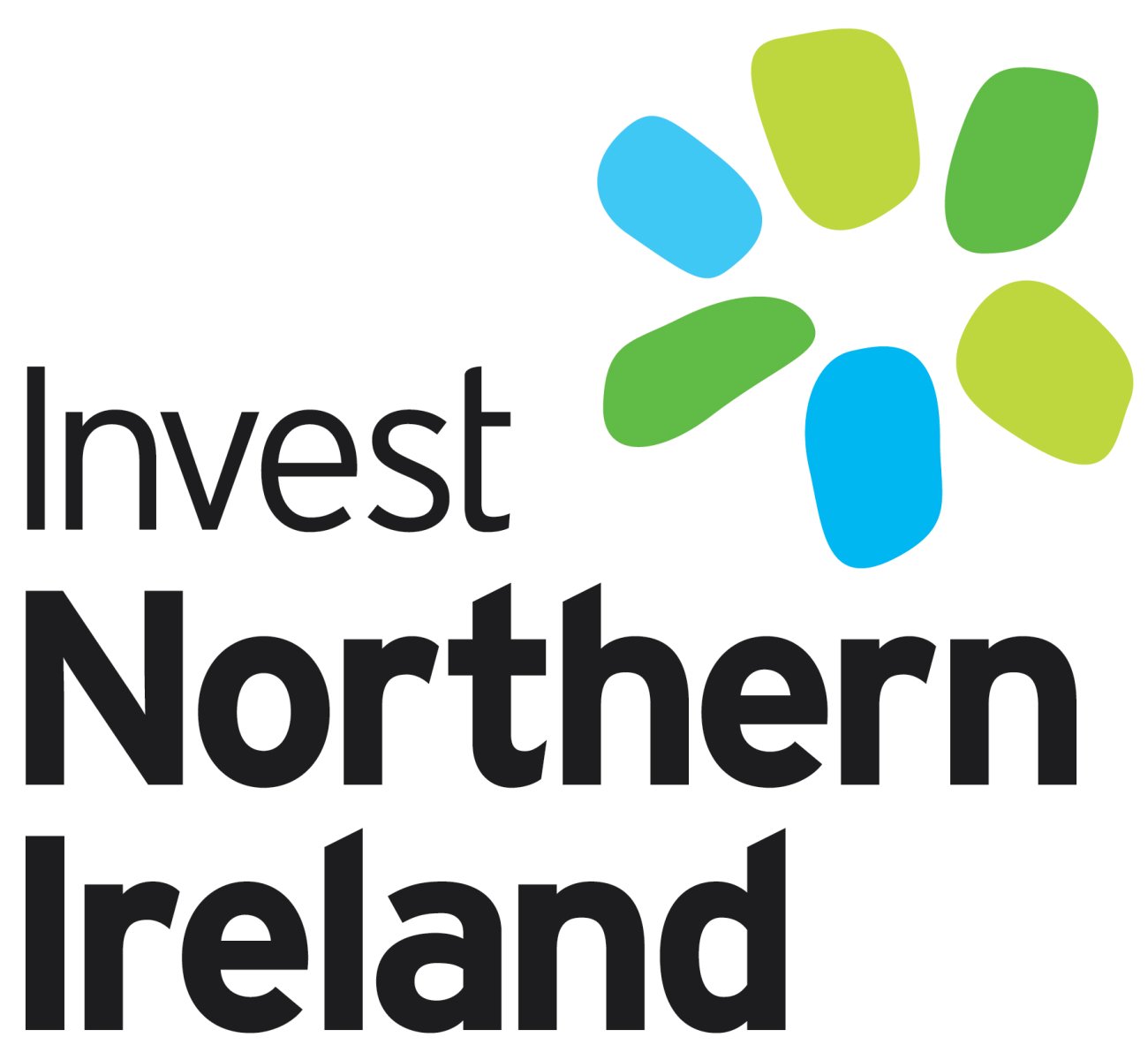




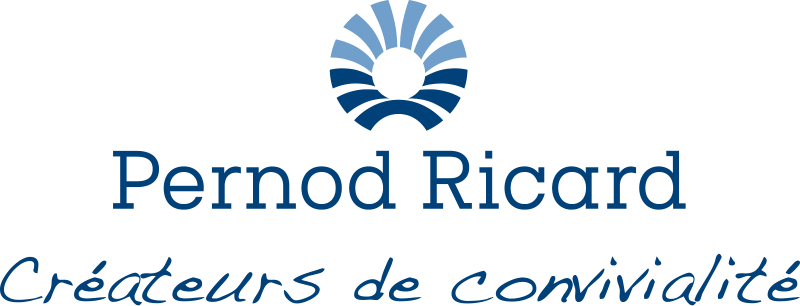


.png)

.png)

